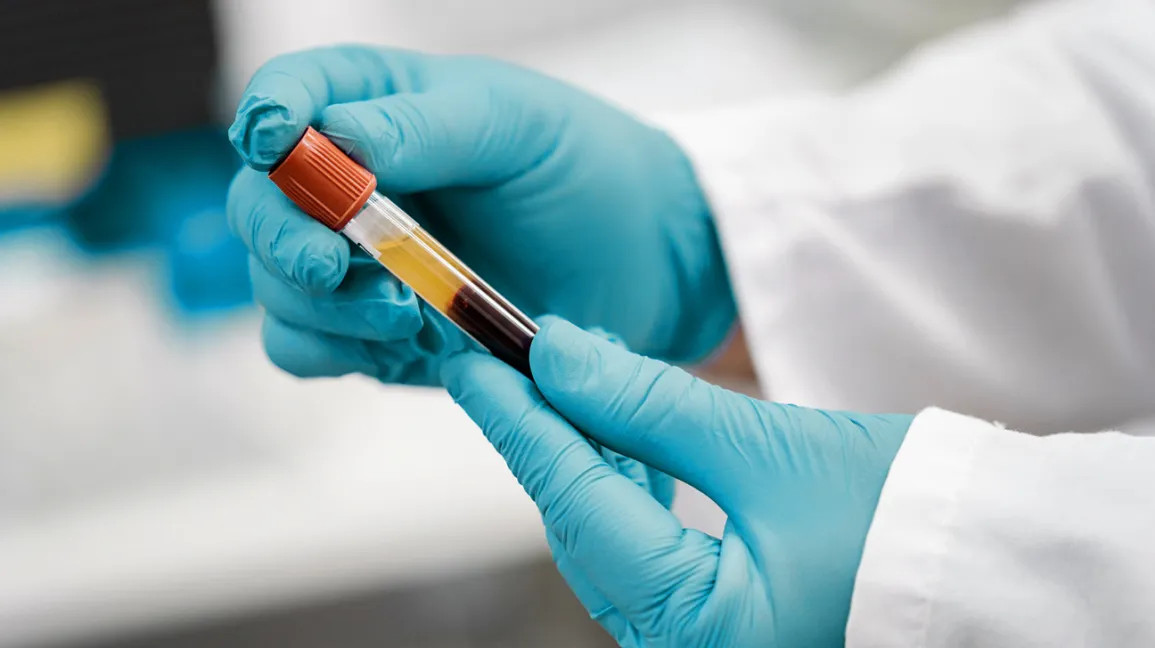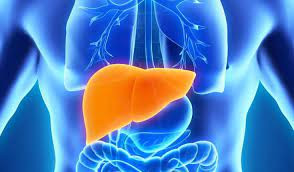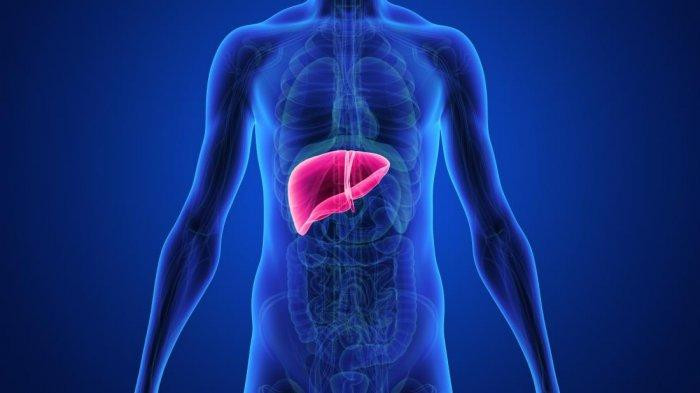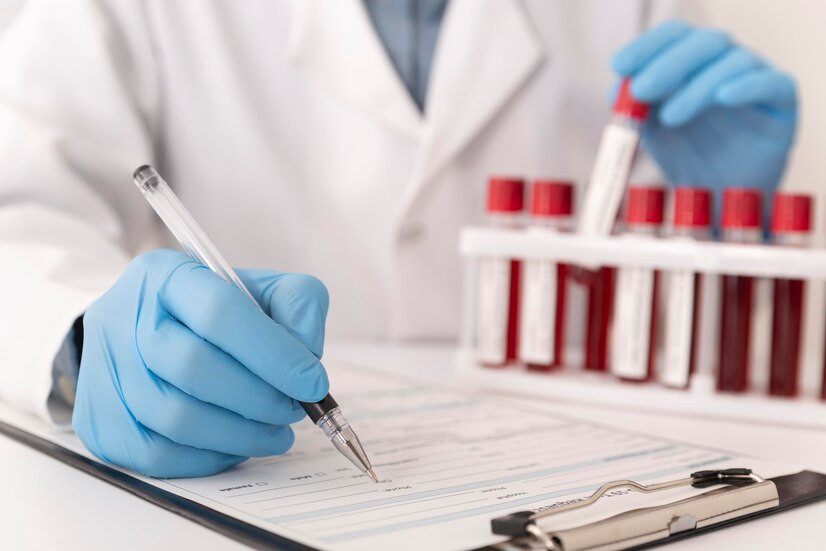Definition
Antibodies are proteins found in the blood that help fight foreign invaders such as viruses and bacteria. Lupus antibodies are one of two types of antiphospholipid antibodies that may sometimes be present in the blood. Antiphospholipid antibodies are proteins that interact with phospholipids, which are fat molecules commonly found in the membranes of blood cells.
These antibodies can impact the function of red blood cells by causing blood vessels to constrict and promoting the formation of blood clots in various areas of the body, such as the heart, brain, lungs, and legs. Lupus antibodies are named because they were first identified in connection with lupus, but not everyone with lupus has these antibodies. They can also appear in individuals who do not have lupus, though the exact cause remains unclear.
Indication
Your doctor may recommend this test if:
-
You have a blood clotting disorder
-
You have a history of recurrent miscarriages
-
Other blood tests suggest prolonged blood clotting times
If lupus anticoagulant antibodies are detected in your blood, your doctor may recommend retesting. This follow-up testing can help determine whether the condition you are experiencing is temporary or persistent.
Contraindication
The lupus anticoagulant test is considered safe, with moderate associated risks. There are no specific contraindications for this test. If you have previously undergone a blood test, the procedure for this test is similar. Be sure to discuss the procedure and any concerns with your doctor before undergoing the test.
Preparation Before the Test
No special preparation is required before undergoing a lupus anticoagulant test. There is no need for fasting prior to the test. However, you should avoid taking antibiotics and anticoagulant medications, as they can interfere with the accuracy of the test results.
Certain health conditions, such as cancer or infections, may also affect the results of the lupus anticoagulant test. Your doctor may recommend additional tests to provide more clarity. It is essential to consult with your doctor about any specific instructions or precautions before the test.
Test Procedure
The lupus anticoagulant test is a simple blood test. A healthcare professional will clean the skin on your arm with an alcohol swab and then collect a small blood sample from a vein in your arm using a sterile syringe. You may experience mild to moderate discomfort during the needle insertion or when the blood is being drawn. You might feel a pricking sensation or a slight burning feeling. To help minimize the discomfort, try to relax your arm.
In infants, blood may be drawn from the heel. After the sample is collected, the blood will be placed into a tube and analyzed by laboratory staff using a specialized machine. Once the sample is taken, you will be asked to apply pressure to the area to help prevent bruising or swelling. While blood tests generally carry minimal risk, some individuals may experience temporary pain, dizziness, or bruising. However, these effects are typically short-lived. Most test results can be available within one to two days, although it may take longer in some cases.
Normal and Abnormal Values
The normal value range for the lupus anticoagulant test is typically between 20 and 39 grams per liter (GPL) or micropulse lidar (MPL) units. Abnormal values are those that fall outside of this normal range, either higher or lower.
If the test results indicate a higher value, your doctor will likely recommend repeating the test after a few weeks to confirm the findings before proceeding with a diagnosis. The test results may also vary based on age, gender, family history, and other factors, and the testing laboratory's methods may influence the outcome. It is crucial to discuss your results with your doctor to understand their significance.
Results and Recommendations (Follow-up Tests)
Test results can vary due to various factors, including your age, gender, medical history, and other underlying conditions. The lupus anticoagulant test will indicate whether or not lupus anticoagulant antibodies are present in your body. If the test results are positive, your doctor will suggest repeating the test after a few weeks to verify the results before finalizing a diagnosis.
If your results come back positive, your doctor may recommend additional tests, such as:
-
Complete blood count (CBC): To measure the levels of red blood cells, white blood cells, and platelets in the blood.
-
Anticardiolipin antibodies: To determine if these antibodies are present in your blood.
-
Activated partial thromboplastin time (aPTT): To assess the time it takes for your blood to clot.
-
Kaolin clotting time (KCT): To measure how long it takes for your blood to form a clot.
-
Coagulation factor test: To check how well the blood clotting factors are functioning.
-
Platelet neutralization procedure (PNP): To compare clotting times with the activated partial thromboplastin time.
If you have lupus or another autoimmune disorder and the test results are negative, your doctor may recommend a follow-up test at a later time to determine if anticoagulant antibodies are beginning to form.
Consult the Right Doctor
If the lupus anticoagulant test results are abnormal, it is best to consult with a general practitioner to receive an appropriate diagnosis and treatment. Your doctor may recommend additional tests before making a final diagnosis. If necessary, you can seek further evaluation from an internist or a specialist who focuses on your condition.
Looking for more information about laboratory, radiology, and other examination results? Click here!
- dr Hanifa Rahma
What is a Lupus Anticoagulant Test. (2021). Retrieved 06 June 2023, from https://www.webmd.com/lupus/what-is-lupus-anticoagulant-test
Lupus Anticoagulant Testing. (2019). Retrieved 06 June 2023, from https://www.testing.com/tests/lupus-anticoagulant-testing/
Lupus Anticoagulant. (2023). Retrieved 06 June 2023, from https://www.urmc.rochester.edu/encyclopedia/content.aspx?contenttypeid=167&contentid=lupus_anticoagulant
What are Lupus Anticoagulant Antibodies?. (2023). Retrieved 06 June 2023, from https://www.medicalnewstoday.com/articles/lupus-anticoagulant
Lupus Anticoagulant Antibody Blood Test. (2023). Retrieved 06 June 2023, from https://www.verywellhealth.com/lupus-anticoagulants-2249977
Lupus Anticoagulants. (2023). Retrieved 06 June 2023, from https://www.healthline.com/health/lupus-anticoagulant












